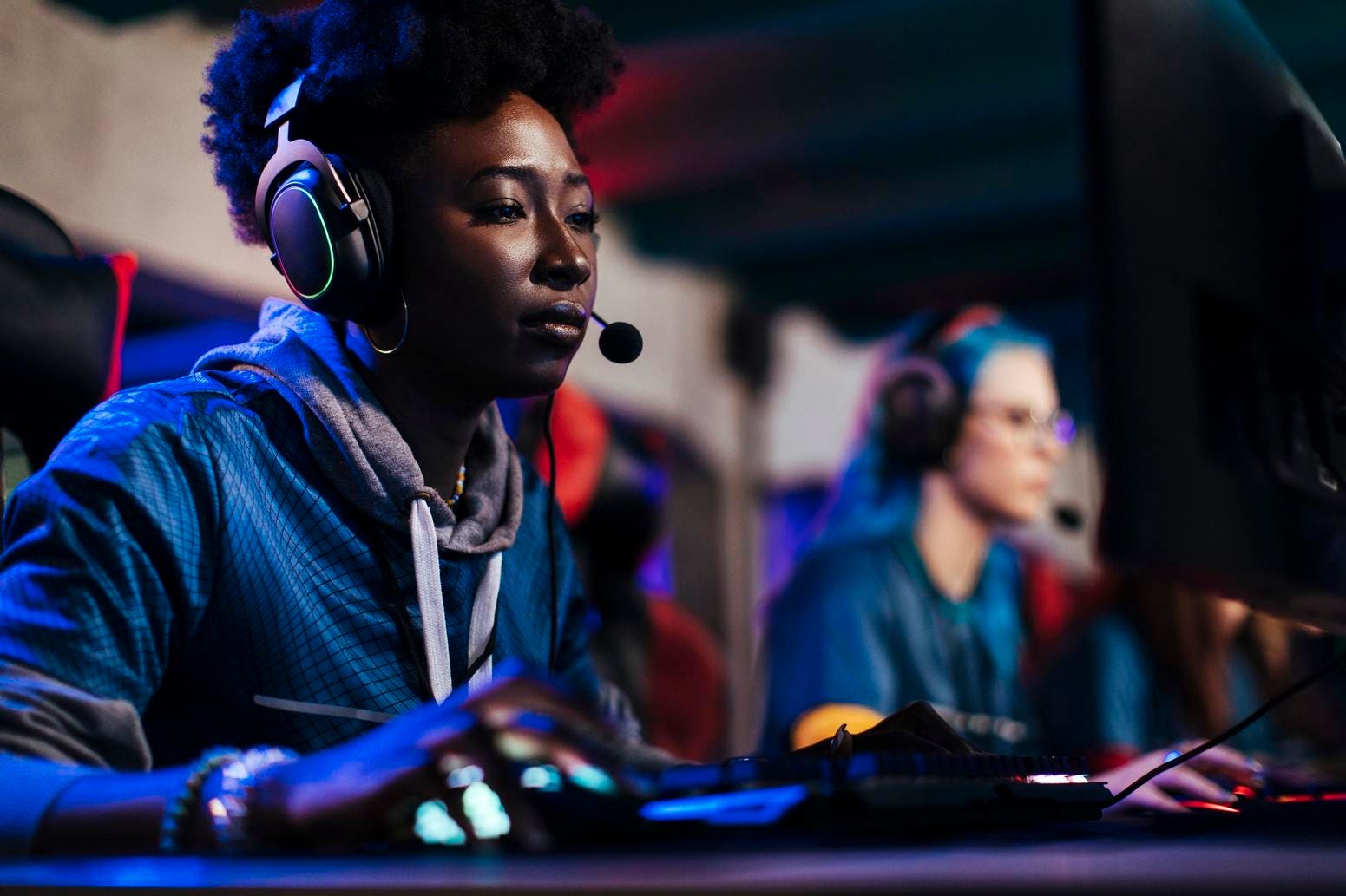
Gary Denham is the Founder and CEO of Wamba Technologies and developing the patented Esports platform with in-game wagering, Gamers Oasis.
The popularity of online esports is soaring, making the question of its legality increasingly relevant. Online esports involve virtual competitions within the realm of video games, raising concerns about the potential for gambling-related activities due to players paying an entry fee into a competition (a “wager”), competing and winning money back online.
Esports are not considered gambling in the United States because of a legal framework distinguishing skill-based competitions from games of chance. However, many consumers are mistakenly under the impression that esports is a form of gambling.
Amid the confusion, companies are leaving money on the table.
I’ve found online video game competitions are very comparable to online poker’s financial structure. In the U.K., Statista notes that “revenue in the Online Gambling market is projected to reach US$13.78bn in 2024.” Assuming players are anticipated to be worth similar values, revenue from the more than 3 billion gamers worldwide could exceed $100 billion in annual revenue.
And that revenue isn’t being realized due to the confusion about esports’ status potential classification as gambling, limiting businesses from moving forward in this space freely.
Congress defines a wager as “the staking or risking by any person of something of value upon the outcome of a contest of others, a sporting event, or a game subject to chance, upon an agreement or understanding that the person or another person will receive something of value in the event of a certain outcome.”
The “element of chance” doesn’t exist in many video games. For example, with poker, there is a measurable element of chance due to cards being dealt from a randomized deck. No matter how much a player knows when to bet, raise or fold, their skill is reliant on each draw.
In esports, players compete against each other with known, predetermined conditions. Even in cases where games employ elements of chance or RNG (random number generation) for the sake of variance, the impact is often limited to a narrow part of the game itself precisely so skill, strategy and expertise can win out, whereas esports competitions rely exclusively on the player’s level of skill, strategy and expertise.
Three reasons why many people are still confused about whether esports is considered gambling are:
1. They don’t know the definition of esports.
Simply put, esports is when video game players earn or pay an entry fee into a single competition (or series of competitions such as a league series), compete and can earn money by winning. These games are skill-based, and there isn’t any chance involved in determining winners.
When there is no chance involved, this is considered a sporting event in America or, in this case, an esporting event.
2. There is lingering confusion from online poker in the early 2000s.
When online poker hit the internet in the late ’90s, it took the legislative world by surprise. Lawmakers were just becoming acquainted with the internet and were largely unfamiliar with how it was used to conduct gambling.
It wasn’t just poker either. Online slot machines, blackjack, roulette and other casino games made their way into homes across America with no laws having ever been written—let alone conceptualized—to prevent it. Who had jurisdiction? How could they define where the person was gambling? Was it in their home, or in where they ordered the machine from? These were all questions nobody thought to ask before the internet.
To complicate matters, as lawmakers rushed to ban online gambling, poker presented an entirely different challenge. Online gambling was banned in 2006 with a bill called the Unlawful Internet Gambling Enforcement Act (UIGEA), but it included provisions that exempted games of skill. In response, many argued poker was a game of skill, not a game of chance, and should therefore be allowed online everywhere in America.
This made an impression on Americans. In 2011, the Department of Justice began to seize the accounts of players and companies, shutting down online poker. This fiasco ultimately created mass confusion within the video game industry of esports.
3. Some states classify online esports as gambling, despite allowing them in person.
While federal law provides a broad framework, the regulation of gambling activities often falls within the jurisdiction of individual states. Many states have laws distinguishing between games of skill and games of chance, exempting the former from the definition of gambling.
Esports competitions, given their skill-based nature, generally align with the legal criteria for skill gaming. Presently, online esports are available and permitted in most jurisdictions in America. A few states however, not wanting to get caught in a repeat of the poker situation in the early 2000s, have issued a blanket ban on online wagering, specifically naming and including esports, further confusing the general public on the matter.
How can companies address these misconceptions?
These misconceptions will continue to cause trouble, as so many parties are fighting for space in this industry, each having their own belief as to what will be successful. Companies are primarily putting their own interests first and only worrying about these misconceptions when they harm the companies’ interests.
Rather than trying to focus on corporate awareness, I think that companies such as mine need to contact lobbyists who are working hand in hand with the governing agencies to begin clearing these matters up both legally as well as publicly, in view of the consumers so that consumers and new corporations alike can begin to see clearly defined lines regarding what is or is not plausible.
Once everyone is able to operate from a level of equal understanding, the industry can flourish like it should have been able to all along.
Forbes Business Council is the foremost growth and networking organization for business owners and leaders. Do I qualify?